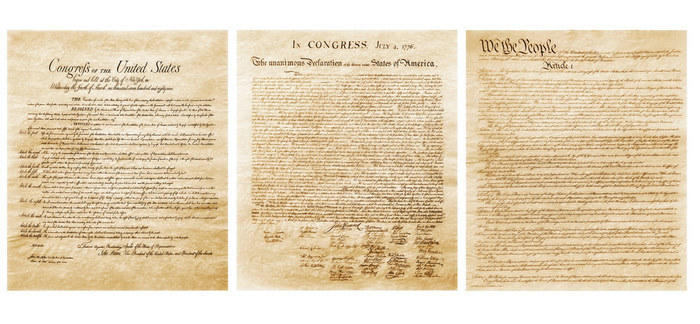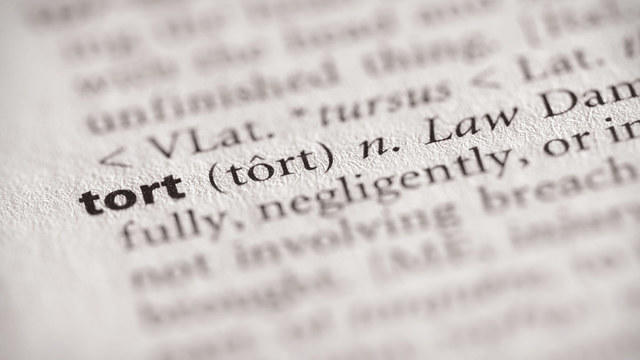If you'’re looking to begin your career as a lawyer, it’s never too early to start preparing for the infamous Bar Exam. In an effort to help make the studying process as easy as possible for you, we at TestMaxPrep have created numerous resources to help you understand the subject matter that is included on the Bar tests. One of the most important aspects of the Bar is the MBE component of it.
What is the MBE?
The Multistate Bar Examination (MBE) is a test created by the National Conference of Bar Examiners (NCBE) with the stated purpose being “to assess the extent to which an examinee can apply fundamental legal principles and legal reasoning to analyze given fact patterns.” In other words, the MBE is designed to analyze your knowledge of the law and your ability to apply that knowledge to draw conclusions from potential cases.
The MBE is comprised of 200 questions in total which are administered over the course of two days in three-hour sessions of 100 questions each. It is administered as a component of the Uniform Bar Examination (UBE). The MBE component of the UBE makes up 50% of your total bar exam score – making it the largest and arguably most important part of the whole test. The MBE itself covers seven separate subject areas of law: Civil Procedure, Constitutional Law, Contracts, Criminal Law and Procedure, Evidence, Real Property, and Torts.
To help you study for the MBE, we have created separate study resources for each subject area in the MBE. The link you can find on this page will take you to the Constitutional Law MBE Sample Questions resource, but before you dive into the sample questions it might be a good idea to first brush up on the basics of constitutional law.
What is Constitutional Law?
Constitutional law covers the rights written in federal and state constitutions. Most constitutional law cases involve past state and federal supreme court rulings that establish precedence through their interpretations of the constitution. The majority of constitutional legal issues have to do with the Bill of Rights.
The Bill of Rights is comprised of the first ten amendments in the United States Constitution. They are as follows:
- Amendment 1 – Freedom of Religion, Speech, and the Press
- Amendment 2 – The Right to Bear Arms
- Amendment 3 – The Housing of Soldiers
- Amendment 4 – Protection from Unreasonable Searches and Seizures
- Amendment 5 – Protection of Rights to Life, Liberty, and Property
- Amendment 6 – Rights of Accused Persons in Criminal Cases
- Amendment 7 – Rights in Civil Cases
- Amendment 8 – Excessive Bail, Fines, and Punishments Forbidden
- Amendment 9 – Other Rights Kept by the People
- Amendment 10 – Undelegated Powers Kept by the States and the People
Constitutional law also includes state constitutions which typically contain all the same rights guaranteed under the US Constitution in addition to further rights established by the state. However, state constitution rights can never take away from federal rights.
Constitutional law involves rules which define the roles, powers, and structures of different entities and includes rules that involve the checks and balances of power within the government itself. Many cases can involve constitutional rights even in instances of civil lawsuits. Due to the ever-present nature of constitutional law, it’s imperative that prospective lawyers are intimately familiar with constitutional law.
Those who are looking to make an impact on the world around them are sure to find themselves bumping up against constitutional rights and legal issues. This is why constitutional law is of particular interest to activists and those who are interested in making the world a better place. The complications that arise in constitutional law cases are often the result of the brief and somewhat vague nature and language of the US Constitution.
Interpretation of the laws set forth by the US Constitution are a constant point of contention in the country. As such, there is a never ending procession of new cases coming to trial as interpretations of the constitutions are modified and rules are changed or added to adapt to the modern world. The importance of constitutional law cannot be understated when it comes to its impact on our society as a whole. Furthermore, constitutional law is one of the seven subject areas covered on the MBE—making it a topic an aspiring attorney cannot afford to ignore.
To help you make the most of your bar exam opportunity, we have created numerous study aid resources including the Constitutional Law MBE Sample Questions which you can access by filling out the form below.












